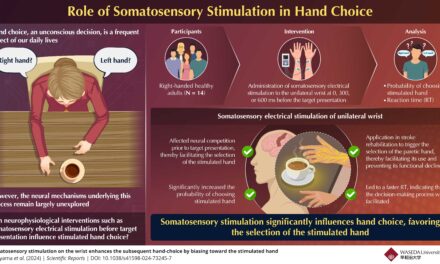
Participants were interviewed and underwent blood tests, medical examinations, and completed psychological questionnaires in an effort to gauge anxiety and depression levels. Researchers then tracked strokes via hospital or nursing home reports and death certificates.
The results suggest that even a modest increase in anxiety was linked to a greater risk of stroke. The researchers add that individuals in the highest third of anxiety symptoms exhibited a 33% higher stroke risk than those with the lowest levels.
Anxiety is common every now and then, says Maya Lambiase, PhD, study author, cardiovascular behavioral medicine researcher, department of Psychiatry at the University of Pittsburgh School of Medicine in Pittsburgh. However, Lambiase emphasizes that, “when it’s elevated and/or chronic, it may have an effect on your vasculature years down the road.” Lambiase adds that individuals with high anxiety levels are also more likely to smoke and be physically inactive.
Higher stress hormone levels, heart rate, or blood pressure may also play a role, Lambiase says. The American Heart Association also points out that in prior research, depression was also linked to a greater risk of stroke.
[Source: American Heart Association]





